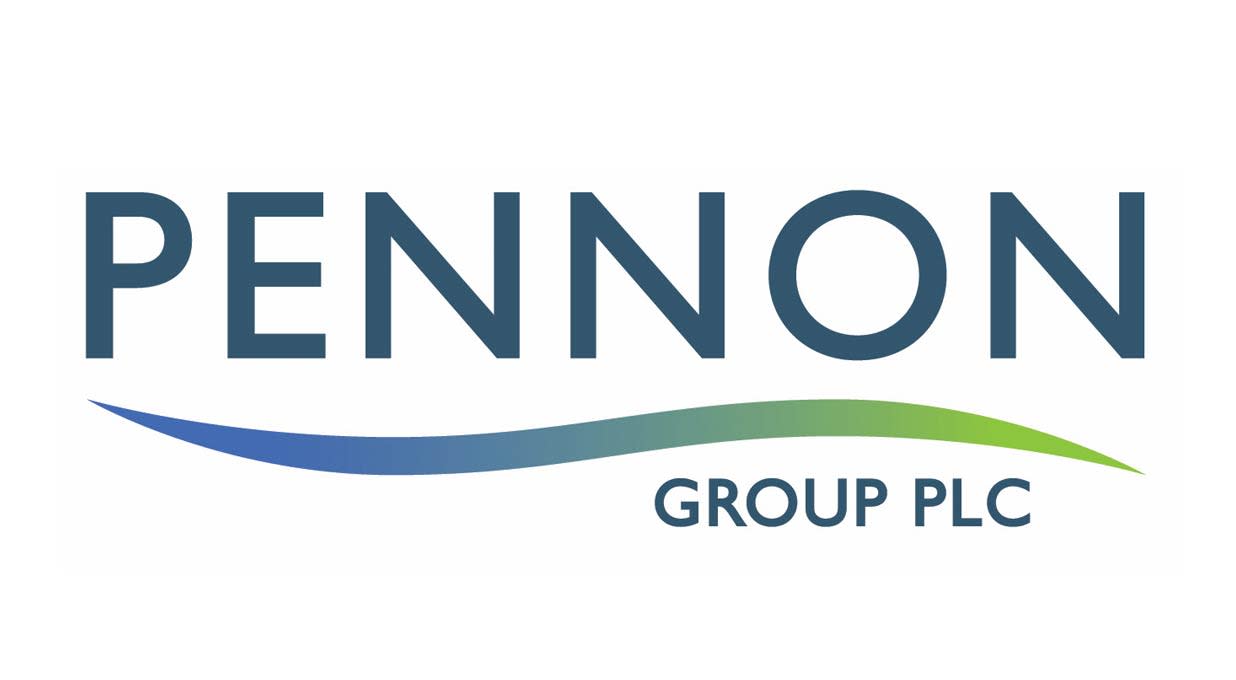Pennon’s full-year underlying revenue rose 10.0% to £907.8mn, driven by inflation-linked tariff increases.
Underlying operation profits rose 8.6% to £166.3mn. The uplift was largely due to higher revenue which more than offset rising staff and material costs.
Free cash outflows worsened from £173.3mn to £405.4mn as a result of much higher levels of infrastructure investment. Net debt rose from £2.9bn to £3.8bn.
Looking ahead, Pennon’s revenue is expected to continue benefiting from inflation-linked increases, with markets forecasting growth of 8.4%.
Total dividends for the year are expected to be 44.37p per share, up 3.8%. This is below the targeted growth policy due to a 0.84p reduction to reflect fines received in the period.
The shares fell 6.4% following the announcement.
Our view
Pennon’s full-year results disappointed markets on the day. Its recent acquisition of Sutton and East Surrey Water (SES Water) is moving through the Competition & Markets Authority (CMA) review process as expected and could be completed this summer. Only then can the group’s integration plans be executed in full. The £89mn price tag looks attractive and helps Pennon expand its footprint across Southern England, bringing more than 750,000 paying customers into the fold.
Back to the underlying business. In return for providing reliable water and wastewater services, the regulator allows Pennon to earn an acceptable financial return. Full-year revenue was buoyed by inflation-linked tariff increases from the regulator, as well as two and a half months' contribution from SES Water.
Profits grew at a slower pace due to rising staff and material costs. But as the group begins to integrate its new acquisition, cost savings should help offset some of the inflationary pressures.
It's important to remember that a utility company's revenue and earnings power are linked to both inflation and its asset base, measured by Regulatory Capital Value (RCV). That provides Pennon with incentives to invest in its assets (which helps to deliver a good service to customers), as well as operate efficiently (which helps increase company earnings).
That said, Pennon invested much more money in improving and expanding its infrastructure last year. While this has put some strain on cash flows in the near term, we’re impressed with the big-picture focus and expect it to be a net benefit in the long run. The acquisition of SES Water is also helping to boost RCV growth, which should provide a further lift to revenue in the years to come.
Another thing to bear in mind is the regulatory pressure that's been mounting against water utility companies. South West Water, which is owned by Pennon, has been on the receiving end of fines for discharging untreated sewage into rivers and lakes. That’s led to a hit to Pennon’s dividend payments this year. Until these issues are firmly in the past, investor sentiment around water companies is likely to be muted, putting downward pressure on valuations.
Despite the challenges, we think Pennon looks well-placed to benefit if it can execute its long-term strategy. Regulatory pressure and some high-profile slip-ups mean it currently trades at a discount to its peer group, which we see as an opportunity. But it can take time for investor attitudes to change, and nothing is guaranteed.
Pennon key facts
All ratios are sourced from Refinitiv, based on previous day’s closing values. Please remember yields are variable and not a reliable indicator of future income. Keep in mind key figures shouldn’t be looked at on their own – it’s important to understand the big picture.
This article is not advice or a recommendation to buy, sell or hold any investment.No view is given on the present or future value or price of any investment, and investors should form their own view on any proposed investment.This article has not been prepared in accordance with legal requirements designed to promote the independence of investment research and is considered a marketing communication.Non - independent research is not subject to FCA rules prohibiting dealing ahead of research, however HL has put controls in place(including dealing restrictions, physical and information barriers) to manage potential conflicts of interest presented by such dealing.Please see our full non - independent research disclosure for more information.


